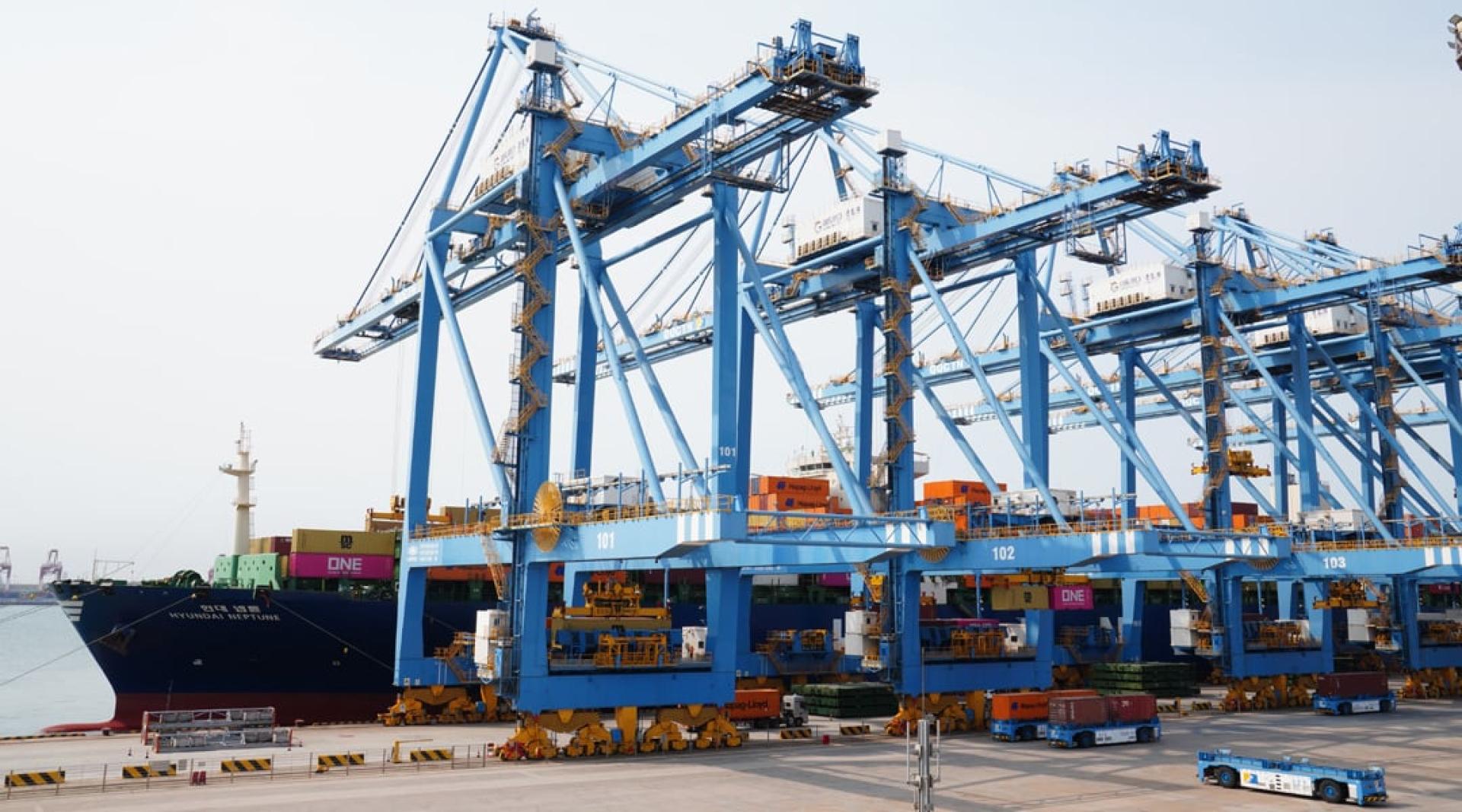According to China.com, Lü Daliang stated at a press conference on the morning of the 14th that since December 1 last year, China has granted zero-tariff treatment on 100% of tariff lines to all least developed countries with which it has diplomatic relations. In the first half of this year, China’s imports from these least developed diplomatic countries achieved double-digit growth. Lü Daliang, spokesman for the General Administration of Customs of China, announced that next, China will also implement zero tariffs for 53 African countries with diplomatic relations, “using China’s vast market to boost common development among all countries.”
Lü Daliang stated that the import growth rate in the first half of this year was the result of multiple factors, including uncertainty in international trade policy and falling prices of major commodities. As a major importer of bulk commodities, such goods account for about 30% of China’s total import value, and fluctuations in international prices for bulk commodities have a considerable impact on China’s import growth rate. In the first half of the year, the average import prices for crude oil, iron ore, and soybeans—the three major commodities—all dropped by more than 10% year-on-year, dragging down the overall import growth rate by 2.7%.
Wang Lingjun, deputy head of the General Administration of Customs of China, stated at the same press conference that in the first half of the year, China’s imports and exports with over 190 countries and regions achieved growth, with the number of partners whose trade scale exceeded 50 billion RMB (29.678 billion ringgit) reaching 61, an increase of 5 over the same period last year. While achieving growth in traditional markets such as the EU, Japan, and the UK, emerging markets contributed more incremental volume. In the first half of the year, imports and exports to Africa reached 1.18 trillion RMB (7.004 billion ringgit), a growth of 14.4%, and imports and exports to Central Asia stood at 357.2 billion RMB (2.12 billion ringgit), up by 13.8%.
Wang Lingjun said, “Climbing hurdles is all about boosting confidence.” At present, a few countries are abusing tariffs and violating international trade rules, posing grave challenges to global economic development. Recently, a number of international organizations have lowered this year’s global trade growth rate. “Despite facing external uncertainties, China’s diverse and stable markets, innovative and high-quality products, and adaptive foreign trade entities give us the confidence, strength, and capability to tackle all kinds of risks and challenges.”
